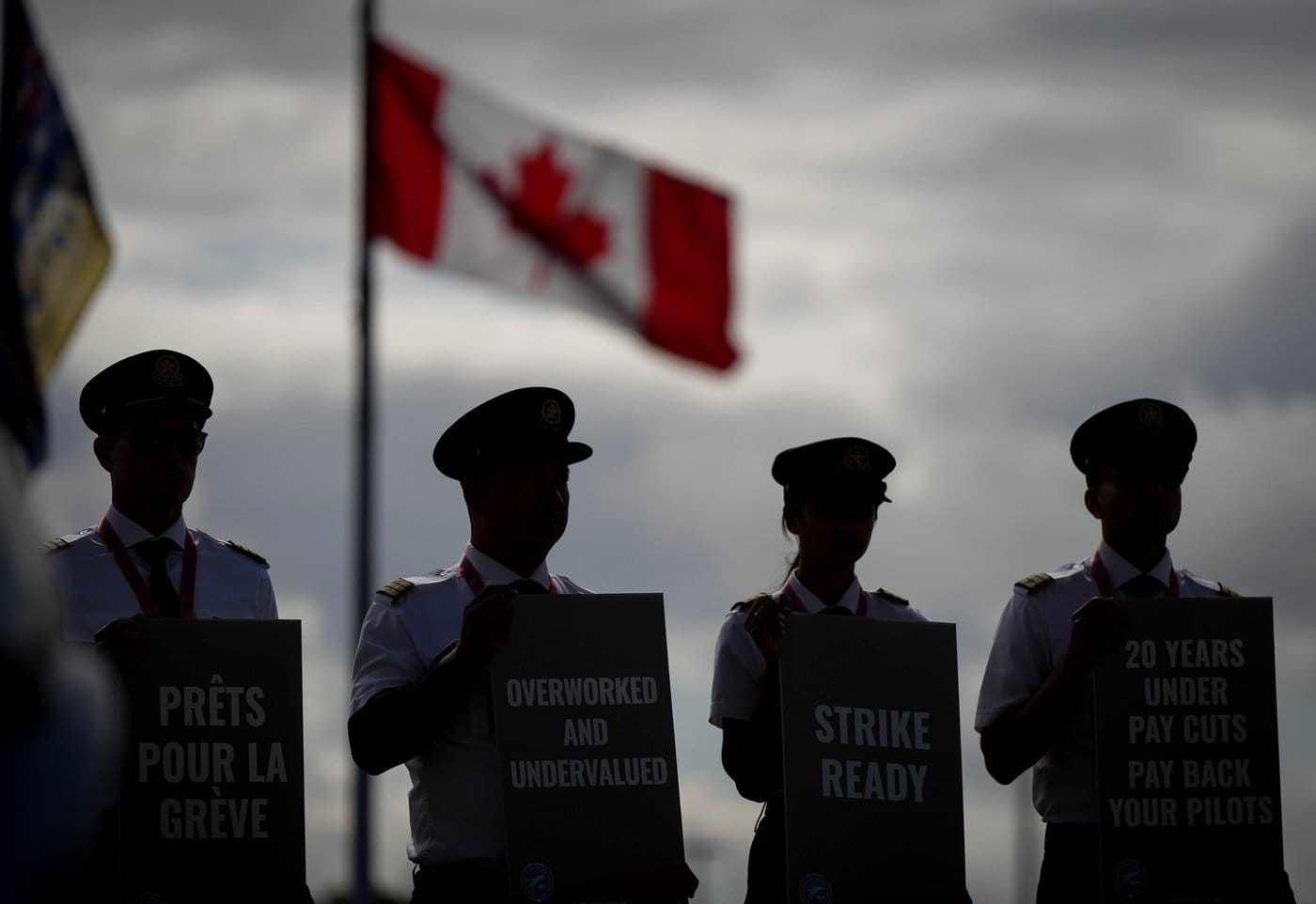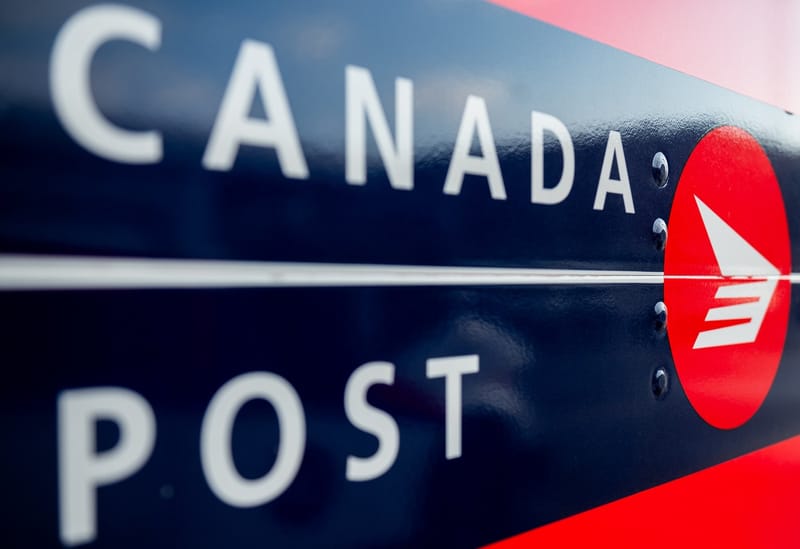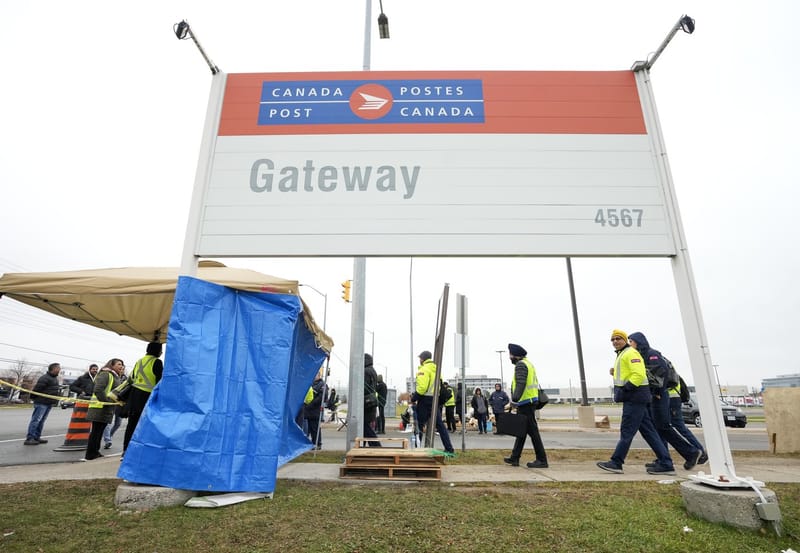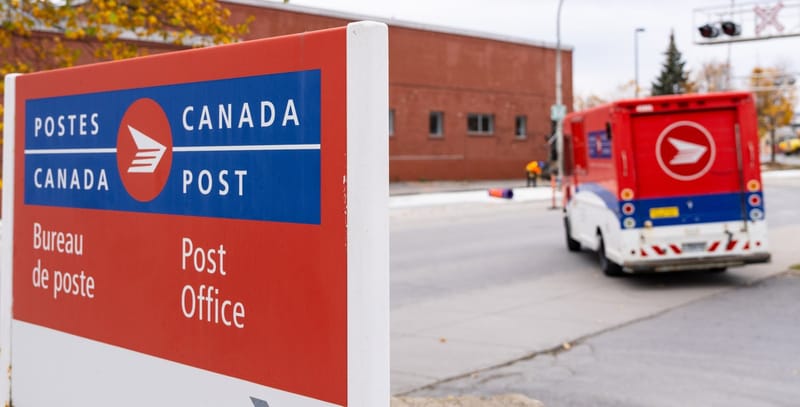Head of the Air Canada union threatens to quit if pilots reject the contract
Experts suggest that well over a third of the airline's approximately 5,200 active pilots may still earn entry-level wages due to a recent hiring surge.

The leader of the Air Canada pilots union has announced she will resign if members choose not to approve a tentative agreement with the airline, intensifying the decision for pilots weighing substantial salary increases against the possibility of negotiating for more.
Charlene Hudy, chair of the Air Canada section of the Air Line Pilots Association, conveyed to her colleagues during a virtual town hall on Friday that if they reject the proposed contract, she “will have no choice but to resign.”
“If the membership votes no to this (tentative agreement), it would clearly indicate to the public, media, government, and company that I no longer speak on your behalf,” she explained during a subsequent Q&A session. The Canadian Press has verified her statement with two pilots.
“If I stayed, it would be to your detriment,” Hudy added.
The contract, finalized last weekend after over a year of negotiations, prevented a strike that would have led to approximately 670 flight cancellations and impacted 110,000 passengers daily.
The agreement would provide the airline’s 5,400 pilots with a cumulative wage increase of nearly 42 percent over four years, surpassing significant raises achieved last year by pilots at the three largest U.S. airlines, who saw pay increases ranging from 34 to 40 percent, though from a higher starting point.
Despite this substantial figure, the agreement has faced criticism from some pilots, especially newer recruits who are dissatisfied with the ongoing pay disparity between less experienced employees and their seasoned counterparts.
Warnings about resignation from union leaders are not uncommon and are often meant to emphasize the advantages of a tentative deal, according to Michael Bjorge, a history professor at Dalhousie University specializing in industrial relations.
“Oftentimes in bargaining, especially when people have been at the table for a significant period of time, they just say, ‘this is the best we can get’ and they often honestly believe that,” Bjorge noted. “In reality, of course, you never really know what you can get until you push to the maximum.”
Under the current contract, pilots earn significantly less during their first four years with the company before receiving a substantial pay increase starting in year five. Some employees have advocated for the complete elimination of the “fixed rate” provision, which keeps earnings flat regardless of aircraft type.
However, the proposed agreement, announced on September 15, would reduce the four-year period of lower pay to two years, according to a copy of the contract reviewed by The Canadian Press.
In years three and four, wages would still be considerably lower than in year five. The hourly rate increases by nearly 40 percent in the fifth year, representing a much larger jump compared to other periods, the agreement indicates.
Assuming pilots work around 75 hours monthly—a typical baseline in the industry—newer recruits would earn between $75,700 and $134,000, compared to nearly $187,000 in year five and over $367,000 for experienced captains flying a Boeing 777.
Experts suggest that well over a third of the airline's approximately 5,200 active pilots may still earn entry-level wages due to a recent hiring surge.
Many of these pilots join after having had extensive careers at other airlines, rather than coming directly from flight school.
Considerations regarding scheduling and quality of life will also play a significant role in the pilots’ decision-making as they approach the upcoming ratification vote, which is expected in the next few weeks.
“By the time they first start working, it’s often when they’re having children. So if mom or dad’s going to be gone for significant periods of time, that’s really hard on families,” Bjorge remarked.





